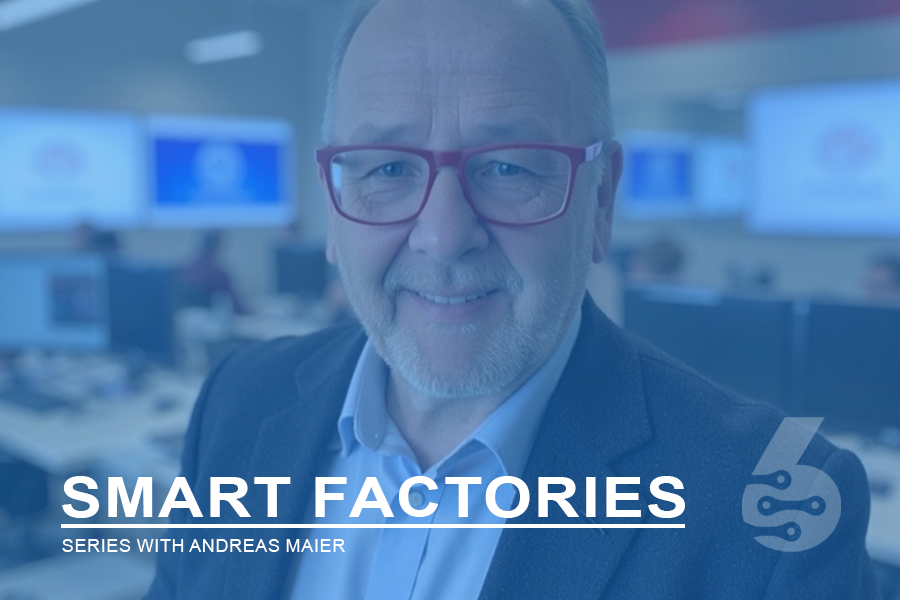Various activities are involved in production control, all of which aim to keep the production process running smoothly. These activities include monitoring production progress and ensuring that quality standards are met, scheduling workers, and managing inventory. Production control is essential for ensuring that products are produced efficiently and according to plan.
One of the most critical aspects of production control is quality control. This involves making sure that products meet all required specifications and standards. Quality control can be achieved through several methods, such as inspection, testing, and statistical analysis. Another critical aspect of production control is efficiency. This refers to producing goods or services with minimum waste or effort. To achieve high levels of efficiency, companies often utilize lean manufacturing methods.
Other essential aspects of production control include scheduling, inventory management, and cost control. Scheduling ensures that workers are available when needed and that production tasks are completed in a timely manner. Inventory management involves keeping track of the materials and supplies needed to produce goods or services. Cost control refers to the process of minimizing expenses while still maintaining high levels of quality.
Production control is a critical part of any manufacturing or production process. By carefully planning and executing all aspects of production, companies can ensure that their products are produced efficiently and to the highest standards.

Related Blog Articles

Smart Factories for Smart Snacks: How SIX ERP Transforms Food Production
As the CEO and mastermind behind our ERP implementations, I’ve seen firsthand how manufacturing is evolving. It’s no longer just about efficiency - it’s about intelligence, adaptability, and staying ahead of the curve. At SIX ERP, we don’t just implement software; we engineer smart, scalable solutions that transform production lines into data-driven, automated ecosystems.One of our most exciting challenges? Equipping a new potato chips factory with a fully automated, sensor-driven...
Implementing ERPs in manufacturing companies - Tips and Considerations
Are you considering implementing an ERP in your manufacturing company? It's a big decision, and there's much to consider. But don't worry - we're here to help. This blog post will share tips and tricks for making the most of your ERP implementation. Whether you're just starting or you've been working with ERPs for years, we hope you'll find these tips helpful. So let's get started!
Warehouse management systems (WMS) explained – Managing modern businesses.
Warehouse operations are at the heart of many businesses, enabling the smooth and efficient flow of goods to customers. However, managing inventory, orders, shipping, and personnel in one or more warehouses is an enormously complex undertaking. Errors and inefficiencies in warehouse management can lead to product shortages, delayed shipments, and deteriorating customer service. At this point, a robust warehouse management system (WMS) is essential. A WMS is software that helps control...Related SIX ERP Solutions:
Want to see SIX for yourself?
Need help, have questions or want to get a free demo?
Please read our Privacy Policy on how we process personal data. We will never share your data!



